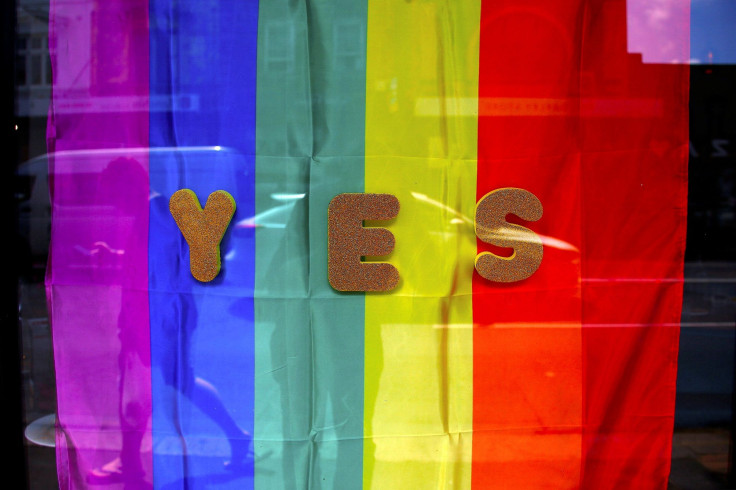Australian marriage equality: Parliament legalises same-sex marriage

Gay Australians can now legally marry as the Parliament agreed to end the ban on gay and lesbian couples marrying on Thursday. The bill, authored by Liberal senator Dean Smith, will now become a law.
The House of Representatives voted before 6 p.m. to legalise same-sex marriage. The bill, which passed the Senate last week without amendments, was also passed unscathed in the lower house. The amendments proposed by Liberals members Andrew Hastie, Kevin Andrews and Tony Abbott, as well as Victorian MP Andrew Broad, were all pushed out.
MP Warren Entsch said the amendments were “totally unnecessary,” referring to Broad’s proposal to allow religious and faith-based organisations to be able to express their views without having their tax status threatened. “This is a marriage bill, this is not the time to be changing the charities act or the income tax assessment act,” Entsch said.
The bill contains basic protections for religious freedoms, such as exempting religious institutions from having to marry gay couples if it was against their beliefs. The amendments proposed and were subsequently voted down included exempting civil celebrants from having to marry LGBT couples, as well as giving parents right to withdraw their children from classes if they disagreed with the lessons. Same-sex marriage advocates reasoned out that the protections pushed by conservatives were not related to marriage equality.
Because the amendments were voted down, the bill will now become a law. If the lower house decided to amend it, it would have to be returned to the Senate for another round of debate. Prime Minister Malcolm Turnbull previously said that the Parliament would not take a break for the summer until the legislation was passed.
Turnbull voted for some amendments, such as supporting to exempt civil celebrants and protect charities and exempting military chaplains from having to marry gay couples. Those were voted down.
The success of the marriage equality bill overturns the change made by the Howard government in 2004 to define marriage specifically as a union between a man and a woman.





















